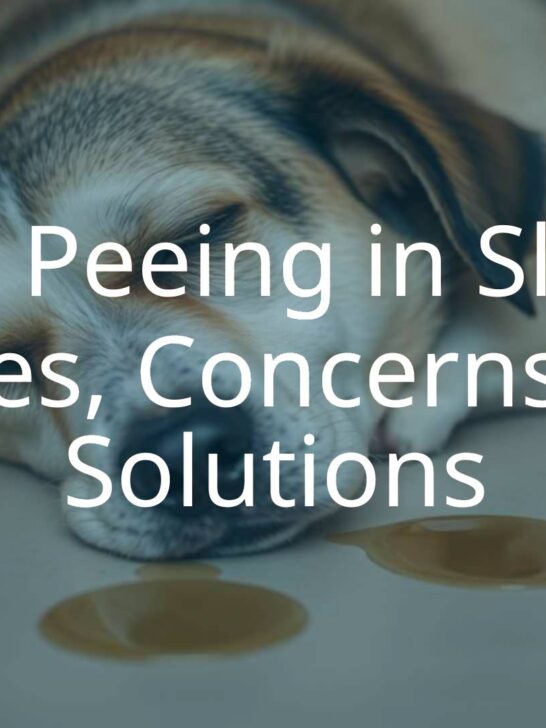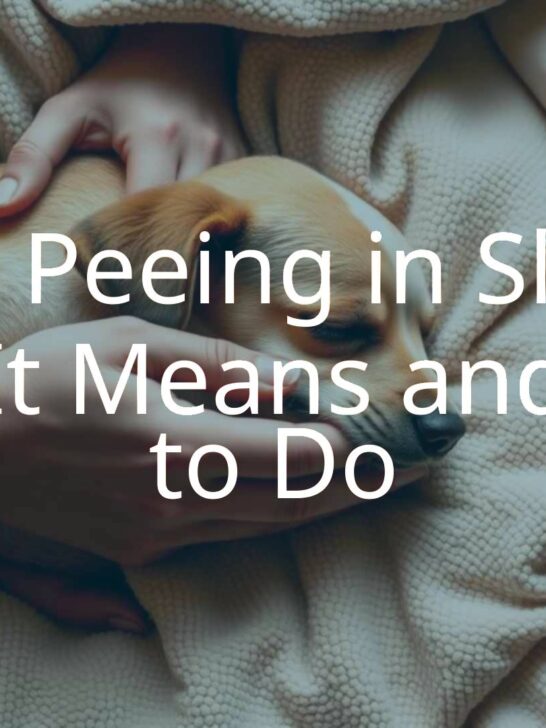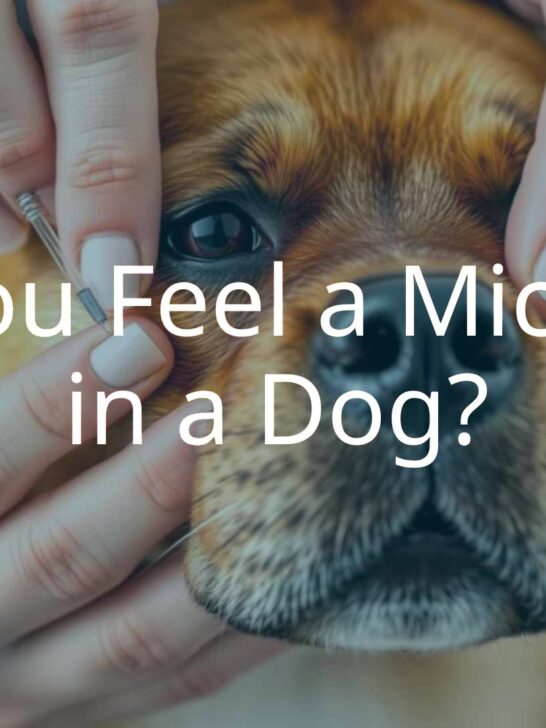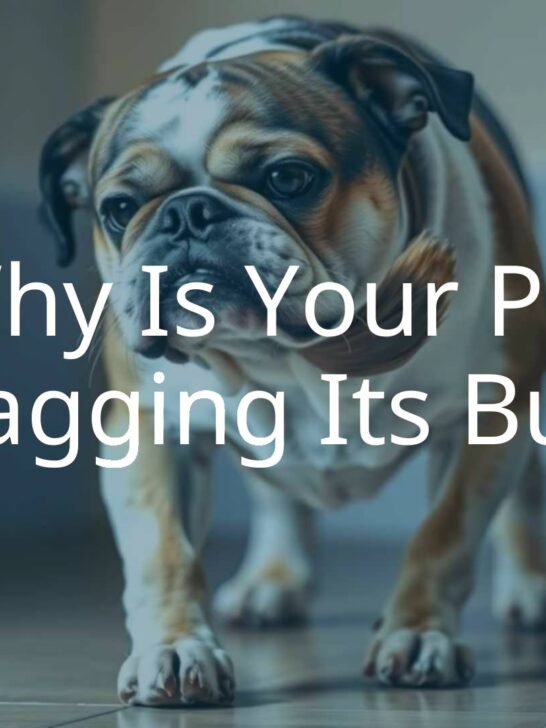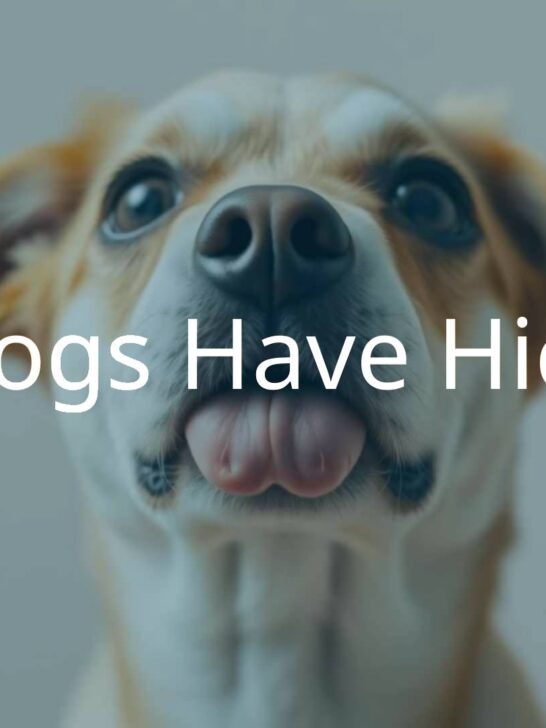Do German Shepherds Drool a Lot: the Slobbery Truth About the GSD
German Shepherds are generally regarded to be brave, loyal, strong, protective, affectionate, and smart.
What the German Shepherd as a breed isn’t so much known for is drooling.
As we will talk about more in this article, there are certain triggers that can lead a German Shepherd to drool more than normal.
It is important to know about these triggers so you don’t panic if you suddenly see your normally dry-mouthed GSD drooling all over the place.
However, if you have any doubt or worry over your drooling GSD, don’t wait.
Take your dog in to be checked out by the canine veterinarian right away.
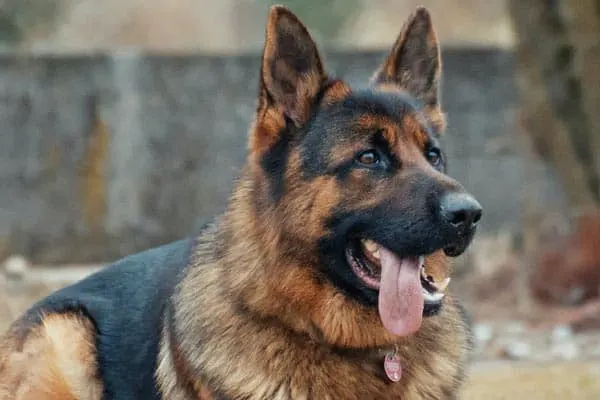
Do German Shepherds Drool a Lot?
German Shepherds are not a dog breed that is typically associated with excessive drooling.
However, GSDs are dogs, and all dogs are fully capable of drooling under certain circumstances, which can differ from one dog to the next.
In the rest of this article, we will cover the major reasons why you might see your German Shepherd drool a lot.
See Just How Much German Shepherds Can Drool
This YouTube video gives you a complete picture of just how much a German Shepherd can drool.
However, this is not to say that German Shepherds drool like this all day, every day. In the video, the dog’s owner clearly links the dog’s drooling to a desire to play fetch with her favorite toy and see her dog friend from next door.
Major Health Reasons Why a German Shepherd Might Drool
As this Flickr German Shepherd dog owner thread explains, dogs will be dogs, no matter how noble or brave.
In one case, the owner spent hundreds of dollars on emergency veterinary care bills, only to discover his GSD was slobbering all over the floor because he had eaten part of a bar of soap!
Another GSD owner describes how their dog tried to eat a bullfrog and ended up slobbering in the veterinarian’s office because of it.
This is why it is so important to dog-proof your home and yard as much as possible – otherwise, a curious German Shepherd could easily end up a sick German Shepherd.
In this section, we will take a look at the most common reasons why German Shepherds might suddenly start drooling a lot.
Your dog has eaten something they shouldn’t eat
Obviously, eating off-limits items, whether it be soap bars or bullfrogs, are a leading reason why you might suddenly see your GSD slobbering excessively.
Your dog has a blocked salivary gland
According to the American College of Veterinary Surgeons, a blocked salivary gland can be caused when a salivary gland or duct gets damaged in some way.
You may see swelling in the neck or mouth area along with excessive drooling.
Trauma, chewing on or ingesting non-food items (such as soap or bullfrogs) and infection can all potentially cause this condition.
Your dog has acute hemorrhagic gastroenteritis
VCA Animal Hospitals describes acute hemorrhagic gastroenteritis as a very severe sudden onset emergency that can cause bloody diarrhea and vomiting along with severe drooling.
The condition can be fatal even with prompt treatment as the underlying cause is often difficult to diagnose.
Tooth or mouth issues
The American Kennel Club (AKC) mentions that drooling, while natural to some degree in all dog breeds, can sometimes indicate a problem in the mouth or throat.
Tooth issues are a common cause of drooling, such as when a tooth is inflamed or injured.
Mouth infections and any type of foreign object lodged in the mouth or throat may also lead to drooling excessively.
Stomach upset
Stomach upset may occur if your German Shepherd has a sensitive stomach, food allergies, or if they have eaten something they shouldn’t have.
But here again, trying to ingest a non-food item can also lead to mild or severe stomach trouble.
Swallowing non-food items can cause a stomach or intestinal obstruction that may trigger a lot of drooling as well as pain and bloating.
Bloat
Speaking of bloat, the German Shepherd Rescue of New England explains that deep-chested dog breeds like the German Shepherd can be especially vulnerable to bloat.
Bloat, or gastric dilatation and volvulus, is a condition that causes the stomach to suddenly twist, cutting off airflow and causing fatality when left untreated.
Drooling is a common early warning sign of bloat.
Overheating
German Shepherds have a thick, double-layer coat that is designed to keep these dogs warm and dry in all types of weather conditions.
But in summer, this coat type also makes the GSD more vulnerable to overheating.
Drooling excessively can be an early warning sign of heatstroke or heat exhaustion.

Other Common Reasons Why a German Shepherd Might Drool
The list of health conditions you just read about that can cause drooling in your German Shepherd is enough to strike fear into the heart of any dog owner.
But the truth is, there are other far more common non-health related reasons why you might see your German Shepherd drooling a bit more than usual from time to time.
Here are some of the most frequently reported non-health reasons why GSDs produce more drool.
Excitement or anticipation
When you think of your favorite food, you probably start drooling a little more without even realizing it.
The same holds true for your GSD.
But dogs will also drool with excitement over non-food events, such as playtime, the arrival of their favorite person, a play date with a dog they love, a new toy, and similar events.
Many dogs will drool right around the time when they normally get fed each day.
This is a classic example of what the physiologist Ivan Pavlov demonstrated in his famous dog salivation experiments, according to the Whole Dog Journal.
Drinking water
Sometimes after a dog drinks, extra water gets caught in the gums and mouth folds.
This can look a lot like drool, but more often than not it is just excess water that is dribbling down out of your dog’s mouth.
Separation anxiety
As the ASPCA points out, drooling is one of many symptoms that can indicate a dog is suffering from separation anxiety.
More sensitive and intelligent, high energy dog breeds like the German Shepherd also tend to be more prone to developing separation anxiety when left alone.
While no one knows for sure exactly what triggers one dog to develop separation anxiety when another dog in similar circumstances does not, a sudden change in schedule or routine is thought to play a part.
Sleepytime
If you have ever woken up to discover you were drooling all over the pillow, you already understand what might cause your German Shepherd to drool more during a nap or the night.
Motion sickness
Some dogs, just like some people, seem more prone to developing motion sickness while traveling.
Dogs that are feeling queasy or nauseous due to motion sickness might begin to drool more than usual while in transit.
If your GSD stops drooling a lot when you stop for rest breaks or the trip ends, this is a pretty clear sign your dog might have been feeling motion sick.
Exposure to something toxic
Dogs explore the world with their mouths, although often it will be their keen noses that lead them to mouth, lick, or eat something they shouldn’t.
Whether that is a poisonous or caustic plant, a non-food foreign object, or something even worse, drooling is the immune system’s way of trying to get the substance out of the body as quickly as possible.
A sudden bout of drooling just after coming in from outside can be a clue that your dog might have encountered something unpleasant or toxic in the yard or on your walk or even at the local dog park.
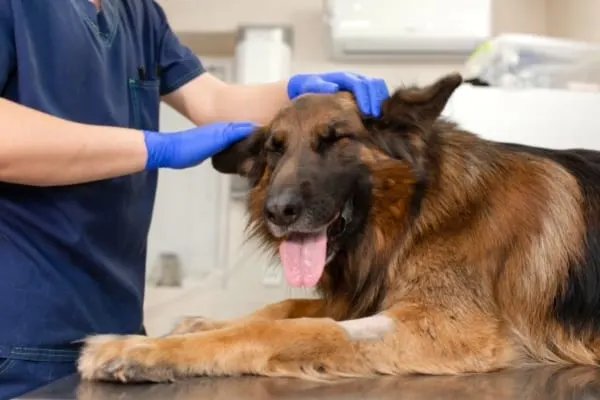
Should You Take Your Drooling German Shepherd to the Vet?
This is a difficult question to answer. The answer really depends on the context.
If you suspect a serious and potentially fatal condition such as bloat, heat stroke, poison exposure, or hemorrhagic gastroenteritis, rush your dog to the nearest veterinary emergency clinic.
However, in most cases drooling in German Shepherds is far less serious and typically resolves on its own.
As long as you don’t see any worrisome health symptoms, you might want to simply keep a log of your dog’s drooling habits.
Do you notice drooling only near mealtimes, before regular playdates, at the appearance of a favorite toy or treat food, or when you are just about to leave the house?
These all signify learned responses to specific stimuli (situations) where your dog’s anticipatory instincts or emotions are heightened.
In these cases, altering your dog’s environment somewhat may help to dial down the amount of drooling you have to deal with as well.
But never hesitate to ask your dog’s veterinarian rather than worrying alone.














